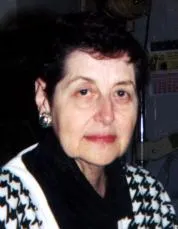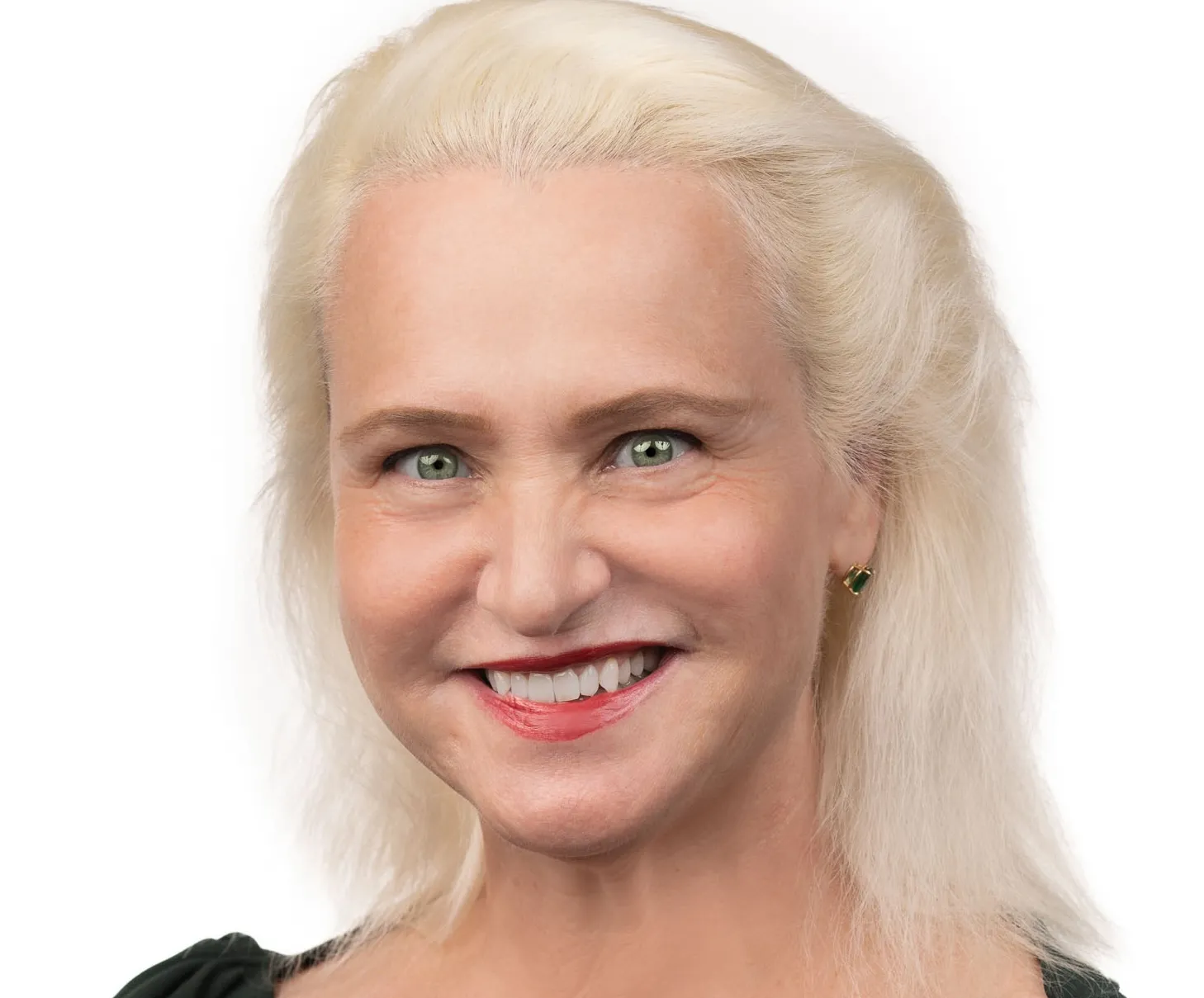Judith Weinshall Liberman, '54: A Life into Art

In recounting the extraordinary life of Judith Weinshall Liberman, ’54, it is illustrative to begin with an account submitted by a classmate of hers to the Record in 2008. He recalls a visit by Supreme Court Justice Felix Frankfurter to a class at the Law School:
"[O]ur class was asked whether there were any questions for the Justice. Judith immediately rose to the occasion and started inquiring from the Justice how he could possibly have ruled the way he had in a recent case. . . . She really had our guest backed to the wall and wasn’t letting up. . . . It became quite obvious to all of us why Judith was first in our Class of ’54. What a brilliant mind. . . ."
In her 2007 autobiography, My Life into Art, Liberman says that in a meeting later that day Frankfurter encouraged her to apply for a federal clerkship. “I told Justice Frankfurter,” she reports, “that I was from Israel and was eager to get back there without delay as soon as I graduated from law school without taking time off to serve as a clerk.”
She had left her home in Haifa, Israel (then Palestine), in 1947 at the age of eighteen to come to the United States. Her parents had moved to Palestine from Russia in 1920 so they could participate in the creation of a Jewish state, and Judith’s mission in the United States was to become educated in “Western” skills and perspectives so that she could return home and contribute to her country’s development. Her brother, Saul, was dispatched to London for the same purpose. In 1948, Saul returned home to fight for the newly created State of Israel and was killed in a battle near Gaza.
Although she longed to go back to Israel herself, she was instructed by her parents to remain in the United States. She studied journalism at Syracuse and earned a political science degree from the University of California at Berkeley before taking up graduate studies in political science at the University of Chicago. After completing her thesis she enrolled in the Law School, where she was one of four women in her class.
While she was in Law School she met and married Robert Liberman, ’48. They went together to Israel shortly after her graduation. He taught at a law school and she edited an economics magazine and taught a law-school course. It wasn’t long before she realized, wrenchingly, that her professional life was not emotionally satisfying for her. “I had been living other people’s lives instead of my own, dreaming their dreams instead of mine,” she recalls today.
She and Robert returned to the United States. Robert obtained a law faculty position at Boston University that he held until his death in 1986. Not long after the first of their two children was born in 1957, Judith encountered a magazine advertisement for the Famous Artists School urging readers to take an art aptitude test and soon she was enrolled in a correspondence course for beginning artists. Twenty-five years of diligent study followed, at virtually every art institution in the Boston area. During that time and afterward she produced series after series of paintings exploring the human condition, series that included Mother and Child, Vietnam, Skulls, and Homo Sapiens.
After Robert’s death she began her renowned Holocaust-related works, more than two hundred and fifty paintings and wall hangings devoted to that topic. “It was a tribute to him, in a way,” she says. “He was in the U.S. Air Force during the Second World War and saw Dachau and other concentration camps soon after they were liberated. That experience never left him.”
She still is painting, adding to the more than one thousand works she has created, hundreds of which are in the collections of museums and other public institutions. “It might seem that law school was just an incidental precursor to my actual career as an artist,” she says, “but the connection is much stronger than that. Like an attorney, an artist is making an argument, and you have to know how to present it: what to include, what to emphasize, how to capture your audience’s attention, what to leave out. All those skills were taught to me at the University of Chicago Law School. I am very, very grateful for the aptitudes I was fortunate enough to acquire at that great place of learning.”
Judith Weinshall Liberman’s art can be seen at www.libermanart.com, where there are also links to a video about her Holocaust wall hangings and to further information about her autobiography, My Life into Art.


